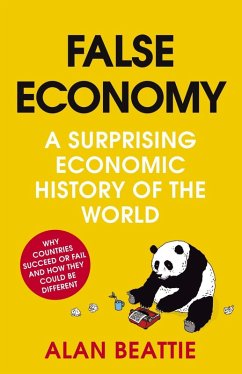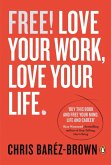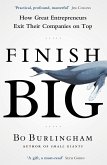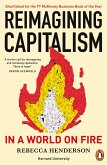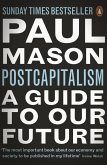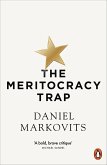Why do some countries succeed while others fail? What causes boom or bust? The World Trade Editor of the FT explains how the world really works.
'A thorough examination of economies from the age of empire to the age of the IMF' The Washington Post
Why do oil and diamonds lead to economic disaster more often than boom? Why doesn't Africa grow cocaine? Why might believing in God be good for your balance-sheet?
Botswana and Sierra Leone are both blessed with abundant diamonds. Why did Botswana became the world's fastest-growing economy while Sierra Leone suffered a decade of brutal civil war?
For the past two hundred years Argentina had enjoyed a vista of economic opportunity almost identical to that of the USA but in 2001 Argentina's government bankrupted itself. Why did the USA succeed while Argentina stalled?
Time and again, world leaders have failed to learn the lessons of economic history, and their mistakes continue to have surprising and catastrophic consequences.
The path to prosperity is rarely obvious and the sources of success are often unexpected.
In False Economy, Alan Beattie uses extraordinary stories of economic triumph and disaster to explain how some countries went wrong while others went right, and why it's so difficult to change course once you're on the path to ruin.
Dieser Download kann aus rechtlichen Gründen nur mit Rechnungsadresse in A, B, BG, CY, CZ, D, DK, EW, E, FIN, F, GR, HR, H, IRL, I, LT, L, LR, M, NL, PL, P, R, S, SLO, SK ausgeliefert werden.

